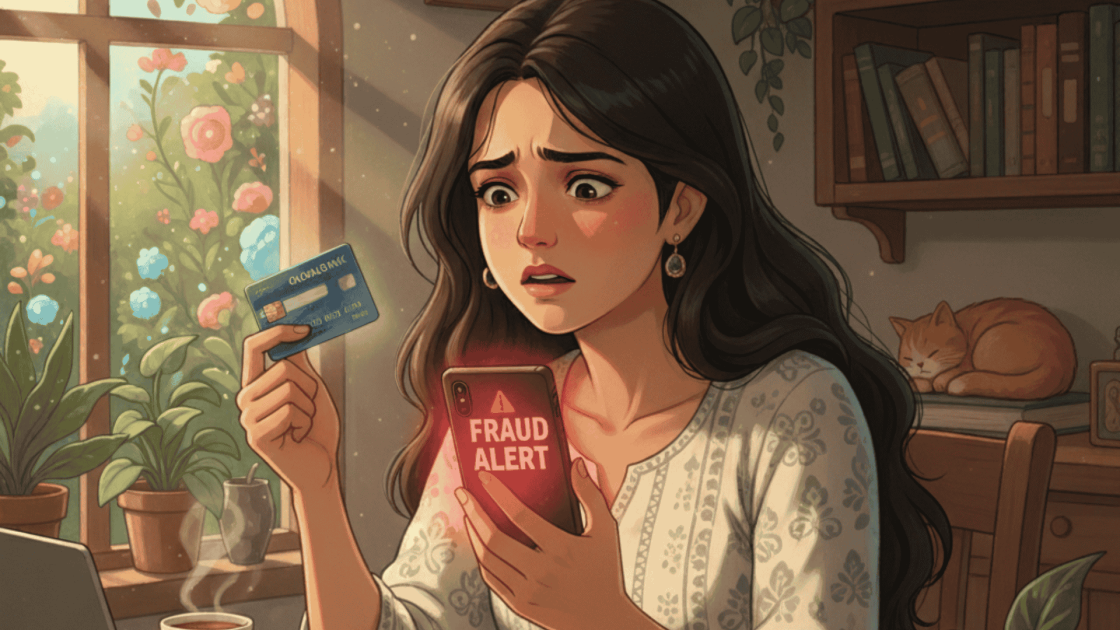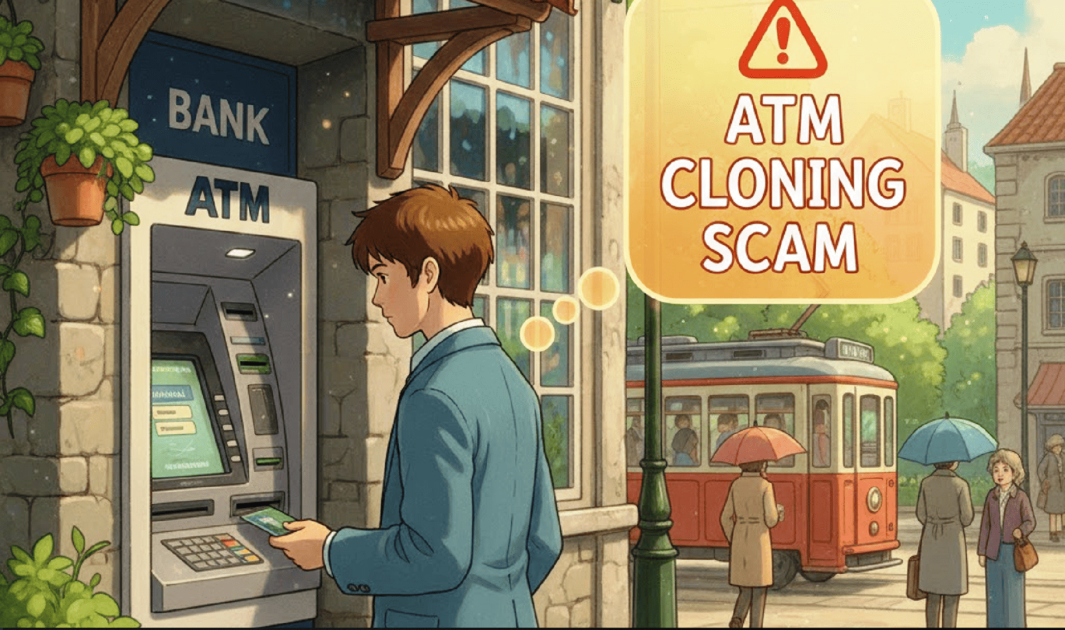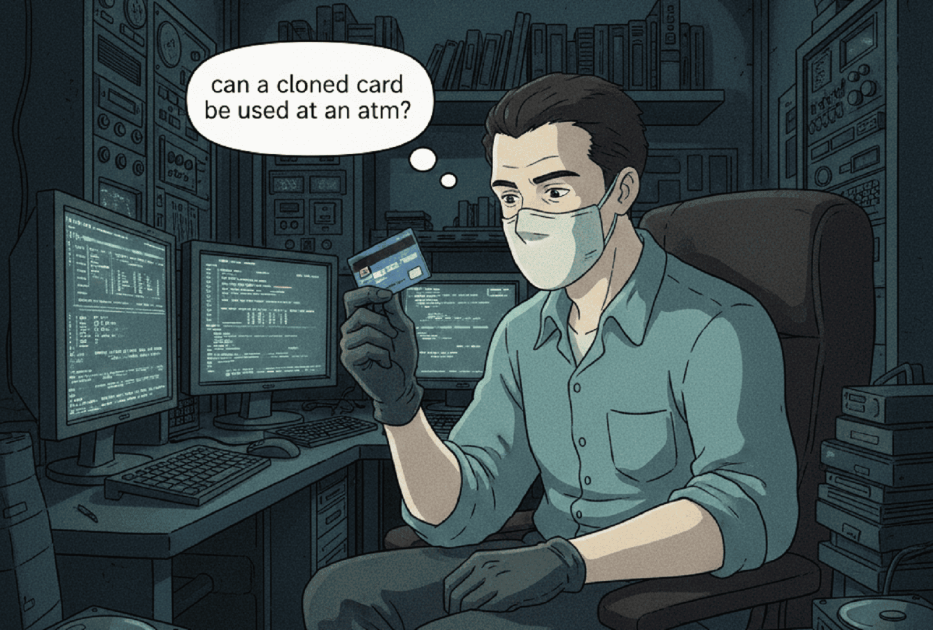Have you ever received a call saying, “Your credit card will be blocked unless you verify your details now”? Then, you’re not alone. Credit card scams in India have become disturbingly common.
Every week, new cases emerge where innocent people lose thousands, sometimes lakhs, within minutes.
With the rise of digital banking and contactless payments, scammers have also upgraded their tricks. The good news?
You can protect yourself if you know what to watch out for.
Let’s break it down in this blog.
Credit Card Scams in India
A credit card scam happens when someone steals or misuses your card details to make unauthorized transactions through phishing links, fake calls, or even physical card cloning.
Credit card scams usually happen in three quick steps: collecting your data, using it, and disappearing before you notice.
1. Data Collection – Scammers pose as bank officials or send fake links claiming to verify KYC or unblock your card. Then, they trick you into sharing card numbers, OTPs, or CVVs.
2. Unauthorized Use- Once they have your details, fraudsters start online transactions or create cloned cards to withdraw money.
3. Vanishing- The stolen money moves fast, through digital wallets or fake merchant accounts, leaving no trace. Reversing the loss becomes difficult by the time victims realize it.
Credit Card Scam in India: Real Cases
Credit card scams in India aren’t just headlines. But they’re happening every day to ordinary people.
Here are a few real incidents that reveal how easily these frauds unfold.
1. The Fake KYC Call – Delhi, 2024
A woman received a call from someone claiming to be a “bank KYC officer.” The caller said her card would be blocked unless she verified her details. After she shared her OTP, ₹85,000 disappeared from her account.
2. ATM Cloning Network – Bengaluru, 2023
Police busted a gang that installed skimming devices on ATMs across the city. Dozens of cloned cards were later used to withdraw money from multiple states.
3. Online Shopping Fraud – Pune, 2023
Customers ordered gadgets from a fake website offering heavy discounts. After the payment was done, the site vanished within days. The customer received no products, no refunds, nor any responses.
These cases show that scammers need just trust, distraction, and timing.
Types of Credit Card Scams in India
Here are some of the common ways by which scammers misuse credit card information or manipulate you to share your details with them:
1. Phishing and OTP Scams- You get a message or email that looks like it’s from your bank, asking to “update KYC” or “verify a transaction.” Once you click the link and share your OTP or CVV, your money’s gone before you even realize it.
2. Skimming and Card Cloning – Fraudsters install tiny, hidden devices at ATMs or POS machines that copy your card data when you swipe it.
Your details are then used to create a cloned card that drains your account.
3. Fake Cashback or Reward Offer- Messages that claim “You’ve earned cashback!” or “Increase your credit limit instantly” often redirect to fake portals that capture your card details, and within hours, unauthorized transactions begin.
4. Online Shopping Scams- Many fake shopping sites look real, same logos same designs, but once you enter your card details, they vanish.
5. Free Trial & Subscription Trap- You sign up for a “free trial” that quietly auto-renews every month. You only realize it when you see recurring deductions you never approved.
6. Lost or Stolen Card Misuse- If your card is lost or stolen and not immediately blocked, it can be used for high-value online purchases before you even notice.
How to Spot a Credit Card Scam?
Credit card scams often look harmless at first. Just a routine message, a friendly call, or a great online deal.
But these few subtle signs can tell you something’s not right.
1. Messages Asking for OTP or Card Details
No genuine bank or company will ever ask for your OTP, CVV, or PIN, not even for verification. If someone does, it’s a scam.
2. Suspicious Links or Fake Websites
Be careful with links sent through SMS, WhatsApp, or email. If the web address looks odd, has spelling errors, or doesn’t start with https://, don’t click.
3. Offers That Sound Too Good to Be True
“Get 50% cashback instantly!” or “Free iPhone with your credit card!”. If it sounds unbelievable, it probably is. Scammers use excitement to make you drop your guard.
4. Urgent Calls Threatening Card Blockage
Fraudsters often create panic by saying your card will be blocked or your account suspended. It’s a trick to make you share information without thinking.
5. Unknown or Repeated Small Transactions
Watch out for tiny unauthorized charges on your card statement. Scammers often test a small transaction first before going big.
6. Unverified Online Stores or Payment Pages
Always shop only from trusted websites. Fake online stores often vanish once payments are made, leaving no trace or refund option.
The key is simple: pause, verify, and never share sensitive details, no matter how genuine the message sounds.
What to do if Online Fraud Happens?
If you suspect your credit card has been compromised or used for unauthorized transactions, act immediately; time is critical. Here’s what to do if you are being scammed:
1. Contact Your Bank Right Away:
Call your bank’s helpline or use the mobile app to block your card instantly. Report the fraudulent transaction and request a chargeback or dispute form.
2. File a Cyber Crime Complaint:
Visit the National Cyber Crime Reporting Portal (cybercrime.gov.in) and file an online complaint under the “financial fraud” category. Attach transaction screenshots, SMS alerts, and any communication received from fraudsters.
3. Inform the Police or Cyber Cell:
If the loss amount is significant, visit your nearest Cyber Police Station and lodge an FIR with all details, including bank statements and digital proofs.
4. Update Your Bank Credentials:
Change your PINs, passwords, and security questions immediately to prevent further misuse.
5. Monitor Your Account:
Keep checking your credit card statement for any suspicious charges and report them promptly.
Need Help?
If you’ve fallen victim to such an online banking scam or even suspect something’s wrong, don’t panic.
Register with us, and our team will guide you on the right way to report and recover your funds safely.
Conclusion
Credit card scams aren’t always the work of hackers sitting in dark rooms; often, they’re ordinary people exploiting your trust for a few quick gains.
The dangers of cyber crime become real when small moments of carelessness turn into big financial losses.
But the power to stop them lies entirely in your hands.
Stay alert, stay skeptical, and remember, your bank will never ask for OTPs, PINs, or CVVs.
The more you know, the safer your money stays.







